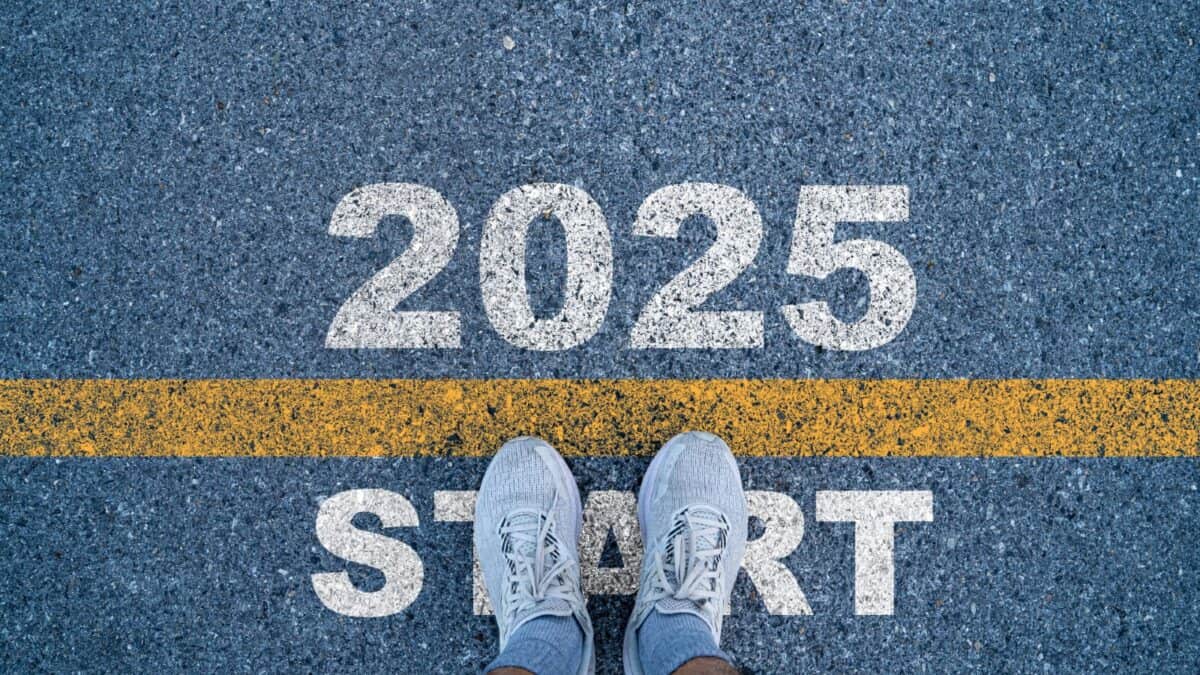The Aviva (LSE: AV) share price has been smashing it lately. It’s up 13.44% over 12 months, and 26.89% over three years.
Okay, I accept that’s not Nvidia levels of outperformance. But it’s a pretty solid showing for a FTSE 100 blue-chip in the UK’s mature insurance and asset management markets. Especially when compared to its FTSE 100 rivals.
Legal & General Group is up just 0.76% over the last year and has slumped 17.93% over three. Phoenix Group Holdings is up 8.35% over one year but over three it’s still down 19.82%. So guess which stocks I hold? That’s right, L&G and Phoenix.
A tough year for FTSE 100 financials
The pandemic, cost-of-living crisis and rising interest rates have been tough on financial stocks. With inflation and interest rates now expected to stay higher for longer, that may continue in 2025. This only makes Aviva’s outperformance look even more impressive.
Yet the shares have gone sideways for the last six months. That’s despite upbeat first-half results on 14 August, with group CEO Amanda Blanc bullishly reporting that “sales are up. Operating profit is up. The dividend is up“.
Blanc hailed “another six months of excellent trading”, boosted by its leading positions in workplace pensions and general insurance in the UK and Canada. Yet her “confident outlook for 2024 and beyond” hasn’t been rewarded by further share price success.
Again, wider worries haven’t helped. The new Labour government’s honeymoon didn’t last long, and by September the economy was shrinking 0.1%. With 10,000 UK employees, Aviva will be squeezed by chancellor Rachel Reeves’ hike to employers’ National Insurance contributions.
Aviva has also been caught up in the motor finance mis-selling scandal. Even strong Q3 results on 14 November didn’t lift sentiment, despite Blanc reiterating forecasts for £2bn of operating profit by 2026.
Blanc’s bid for Direct Line Insurance Group may have lit a rocket under the latter’s share price, but hasn’t done much for Aviva.
Growth prospects and a brilliant yield
Yet Deutsche Bank is in favour, claiming on 5 December that the merger will end up “creating shareholder value from higher earnings along with future free cash flow growth”. It upgraded Aviva from Hold to Buy, and lifted its share price forecast by 10p to 545p as a result.
Eleven analysts offer one-year price forecasts for Aviva, setting a median target of 547.5p. If correct, that’s up 13.22% from today. With the shares forecast to yield a whopping 7.3% next year, that could drive the total return towards 20%. Eight out of 13 analysts label Aviva a Strong Buy. None say Sell.
Expert forecasts aren’t set in stone. The UK economy looks set for a tough year, especially when Budget tax hikes land in April. With the cost-of-living crisis likely to drag on, consumers will be looking to save money on insurance and may trim pension contributions. Stock market volatility could hit the value of Aviva’s assets under management, and trigger customer outflows.
Yet with a longer term view, I’d also rate Aviva shares a strong stock for investors to consider. I’ve already made my sector stock picks, rightly or wrongly, and hope my L&G and Phoenix shares can play catch-up with Aviva next year.







